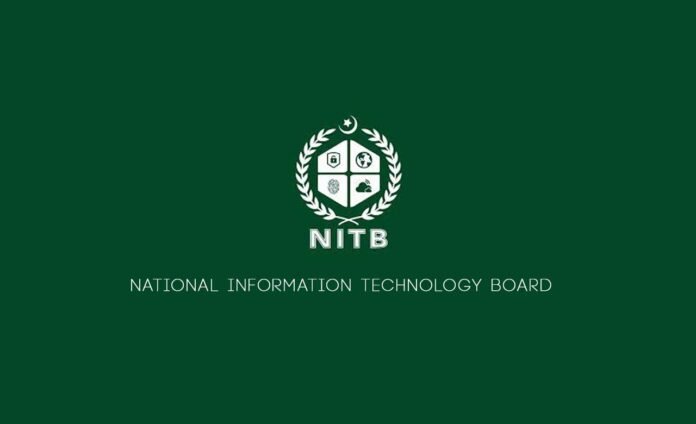Government Initiates Major Overhaul of NITB to Boost Digital Governance in Pakistan

In a bold move toward modernizing its digital infrastructure, the Government of Pakistan initiates a major overhaul of the National
The Government of Pakistan initiates a major overhaul of the National Information Technology Board (NITB). This decision aims to boost the role of technology in delivering efficient public services. As part of a broader digital transformation strategy, the move is expected to improve transparency, streamline operations, and accelerate the adoption of e-governance tools across federal departments.
Why the NITB Overhaul Was Necessary
NITB was initially created to support federal ministries in deploying IT systems. However, over the years, it has faced widespread criticism. Issues such as slow performance, outdated systems, and lack of innovation have made the board less effective in today’s tech-driven environment.
As digital platforms become more essential in governance, revamping NITB became unavoidable. The decision to initiate a major overhaul follows several audits and consultations with IT experts. These reviews concluded that the current structure fails to meet the fast-changing demands of public sector technology.
Key Drivers Behind the Overhaul
Several issues pushed the government to act:
-
Outdated IT frameworks slowing down project execution.
-
Weak cybersecurity systems putting government data at risk.
-
Poor coordination with other government departments.
-
Shortage of skilled technical staff and modern management.
-
Low public confidence in government run digital platforms.
These challenges not only limited NITB’s performance but also hindered national progress in digital services.
Scope and Strategy of the Restructuring Plan
According to the Ministry of Information Technology and Telecommunication, the overhaul will be implemented in stages. The government initiates this major overhaul with a vision to reshape the board’s goals, upgrade core systems, and improve monitoring tools. The changes will also bring NITB in line with global IT governance standards.
Key Areas of Focus in the Overhaul
-
Governance Reform
A new governance model will be introduced to increase transparency and accountability. -
Capacity Building
The government will recruit skilled professionals and train existing staff to meet modern demands. -
Cybersecurity Upgrades
Advanced security protocols will be applied to protect sensitive data and IT infrastructure. -
Departmental Integration
Efforts will be made to connect NITB systems with other government departments for smoother workflows. -
Innovation Labs
Special R&D units will be set up to explore technologies like AI, blockchain, and big data.
Stakeholder Engagement and Collaboration
Both public and private stakeholders are involved in shaping this transformation. Contributions are being made by IT firms, academic experts, civil society, and digital policy groups. This collaborative approach ensures that the overhaul is sustainable and addresses the needs of all users.
In a press briefing, the Minister for IT and Telecom said:
“This is not just reform, it’s a reinvention. Pakistan can’t afford to lag in a digital-first world. That’s why the government initiates a major overhaul of the NITB to make it a true engine of progress.”
Expected Benefits of the NITB Overhaul
The expected benefits from this initiative are both long term and transformative.
Anticipated Results Include:
-
Faster project delivery and improved workflows.
-
Better user experience across all digital public services.
-
Stronger data protection and improved cybersecurity.
-
Smarter allocation of funds and resources.
-
Greater investor trust in Pakistan’s digital future.
With improved systems and skilled professionals in place, NITB is expected to play a more dynamic role in supporting digital initiatives.
Implementation Challenges
While the plan is ambitious, certain obstacles remain. Resistance to change in traditional bureaucracies, budget constraints, and lack of skilled staff could slow down progress. Experts stress that political will and consistent monitoring are key to success.
If the momentum is lost or the strategy is poorly executed, this major overhaul might face the same issues that plagued previous reform attempts.
Conclusion: A Bold Step Toward Digital Pakistan
The Government of Pakistan initiates a major overhaul of NITB to build a foundation for efficient and secure digital governance. This initiative marks a turning point in how Pakistan manages technology across its public sector.
If executed well, the restructured NITB will support smarter governance, citizen friendly services, and a stronger digital economy. For now, the success of this transformation depends on execution, collaboration, and sustained leadership.




